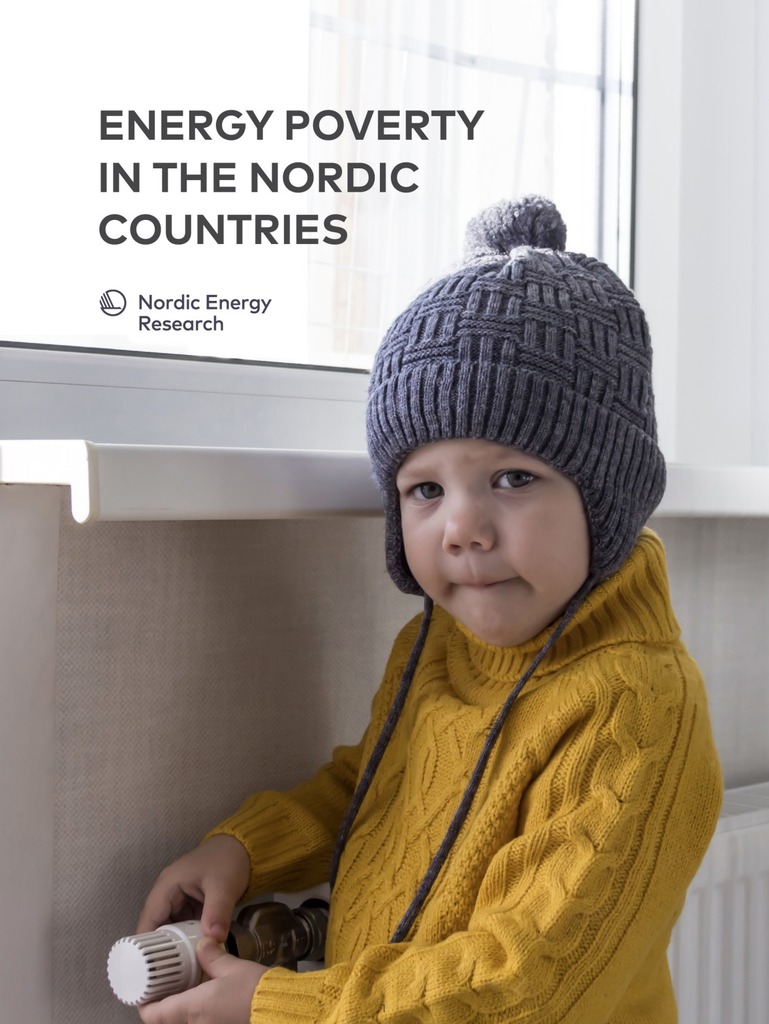
Energy Poverty in the Nordic Countries
Energy Poverty in the Nordic Countries addresses the emergence of energy poverty in the Nordic region due to the recent energy crisis and global challenges like COVID-19 and geopolitical tensions. The report links energy poverty to the energy trilemma (security, affordability, and sustainability) and emphasizes the need for a comprehensive approach to energy poverty, underscoring the importance of addressing vulnerable groups and ensuring a balanced transition to green energy in the Nordics.
The report aims to provide substantive support to Nordic countries in their efforts to alleviate energy poverty and contribute to ongoing dialogues on energy security, social equity, and sustainable development.
Key policy recommendations to address energy poverty in the Nordics:
- Develop a clear definition: Establish a shared understanding of energy poverty at the national level to guide efforts. This involves balancing affordability, energy efficiency, and security while aligning with EU directives.
- Define indicators: Select indicators reflecting the multidimensional nature of energy poverty, considering data accessibility and local context. Supplement EU indicators with more detailed national data for nuanced insights.
- Establish governance: Anchor responsibility for addressing energy poverty within a single governmental department, fostering collaboration across departments to ensure a holistic approach. Nordic collaboration can facilitate knowledge-sharing and mutual learning.
- Strengthen knowledge: Enhance understanding of effective measures tailored to different target groups. Evaluate the effectiveness of existing measures and shift focus towards long-term solutions aligned with climate goals. Share lessons learned across the Nordic countries to build collective knowledge and improve policy implementation.
